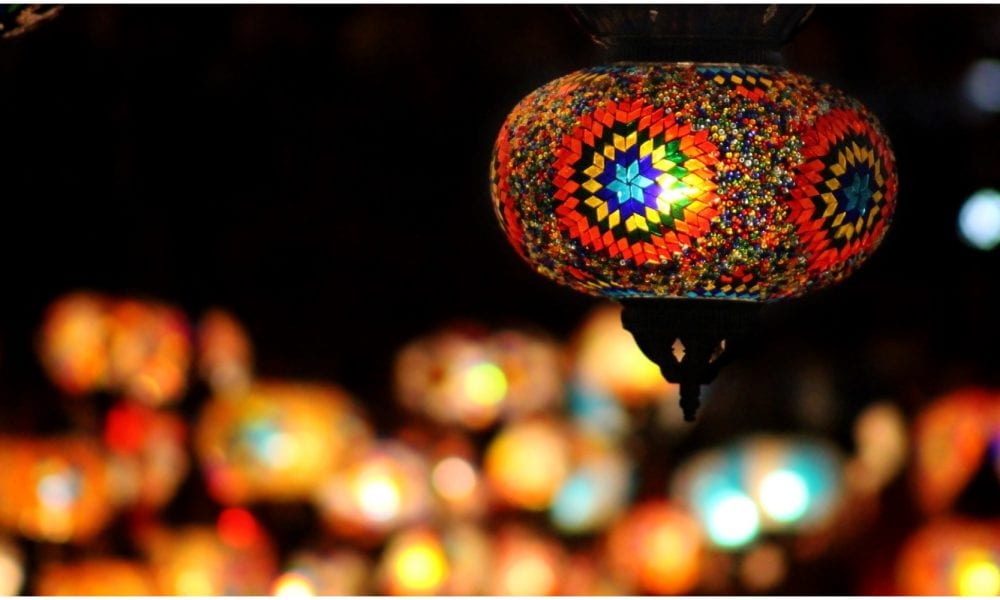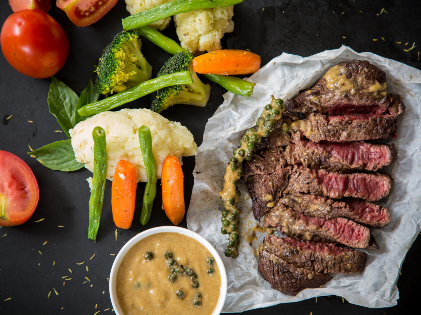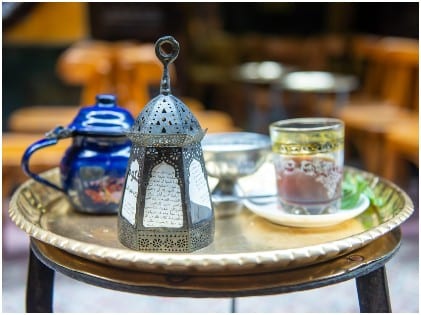
Fasting During The Holy Month Of Ramadan? Here’s How You Can Practice Safe Fasting

 Ramadan is here, and that certainly means you have to be more cautious about your diet and health. The holy month for Muslims around the world is when the community observes whatever the religion preaches. They not only practice restraint but also reflect on their inner selves and provide back to the community.
Ramadan is here, and that certainly means you have to be more cautious about your diet and health. The holy month for Muslims around the world is when the community observes whatever the religion preaches. They not only practice restraint but also reflect on their inner selves and provide back to the community.
While there are Muslims of different types, and each follows their traditions to the core, Ramadan fasting as a ritual is followed. Fasting is all about not consuming any food or even drinking water between sunrise and sunset for an entire month. Alongside, Muslims should learn how they must grow from within and delve into Islam a bit more. If you want to make the best use of this time, sans forsaking on your health, here are some practical tips and tricks to focus on.
Stay Hydrated
Not drinking water in adequate quantities means you’ll land up with a cranky mood and definitely, increased exhaustion. As a result, your energy levels and memory will suffer. Water has such vital health benefits that its absence will make you realize what you do not include in your daily diet! Maintenance of proper water intake can help you manage some of the most chronic conditions like migraines, headaches, kidney stones, and constipation, to name a few.
Now the question arises how at all can you manage to stay hydrated in between sunrise and sunset? Utilize this time before sunrise and after sunset to rehydrate and fill your body with the recommended water intake. You can keep a bottle of water beside you when going to sleep and drink when possible. To make up for the loss, refill via water-based fruits and veggies in the evening meals like watermelon, cucumbers, strawberries, bell peppers, tomatoes, zucchini, and more.
Don’t Skip The Morning Meal.
 Since early morning (suhoor) and after sunset (iftar) are the only times you can eat food, remember it’s easy to skip the morning meal since no appetite happens by then. But doctors and nutritionists recommend not doing so. The food choices made affect your energy levels throughout the day. Simple carbohydrates are good but pair up with healthy fats and proteins, whole grains, and fruits and veggies. Try oatmeal, pancakes, and strawberry or chocolate-infused oats.
Since early morning (suhoor) and after sunset (iftar) are the only times you can eat food, remember it’s easy to skip the morning meal since no appetite happens by then. But doctors and nutritionists recommend not doing so. The food choices made affect your energy levels throughout the day. Simple carbohydrates are good but pair up with healthy fats and proteins, whole grains, and fruits and veggies. Try oatmeal, pancakes, and strawberry or chocolate-infused oats.
Always Stick To Portions
Traditional foods contain a lot of value for Muslims during this time. Eid and Navroz are few religious occasions where gatherings occur, and traditional items are cooked or prepared. Now we all know that most cultural foods are oily, greasy, and quite heavy to digest. While they do taste great, but exhaustion creeps in if anybody tends to overeat. Hence, it’s important to stick to portions. Since Ramadan is a month-long event, so skip the traditional foods.
Overeating is not uncommon at these times, resulting in bloating, indigestion, and weight gain. Instead, specialists say how basic fruits or dates and drinking water can be filling enough. So, you can take a break and complete the evening prayer before you start eating. Fruits contain natural sugars that allow the body to feel relaxed and won’t feel starved. You can distribute the food like carbohydrates in a quarter of a plate, veggies in salads in half a plate, and proteins, another quarter of a plate.
Consult Your Physician
 Just because you have a chronic medical condition doesn’t mean you can’t fast. All you have to do is make some adjustments ahead of time. Clinical specialists advise on following up with your consultant physician and see if you can make some necessary adjustments. In case you are not allowed to. Then it’s wise to cancel it altogether lest it worsens the medical condition (like cancers, blood sugars, or diabetes).
Just because you have a chronic medical condition doesn’t mean you can’t fast. All you have to do is make some adjustments ahead of time. Clinical specialists advise on following up with your consultant physician and see if you can make some necessary adjustments. In case you are not allowed to. Then it’s wise to cancel it altogether lest it worsens the medical condition (like cancers, blood sugars, or diabetes).
But there are medications that you can continue with your fasting. For example, those dealing with hypertension can still fast if the health is a little stable. As long as you monitor your overall health, maintain proper hydration and adjust the medicines’ timings, you will do great.
Most importantly, fasting is not the end of it all. You can still honor Ramadan by making up for it later or by helping the less fortunate. So, do not worry and celebrate the holy month in its true spirit. Happy Ramadan!

You must be logged in to post a comment Login